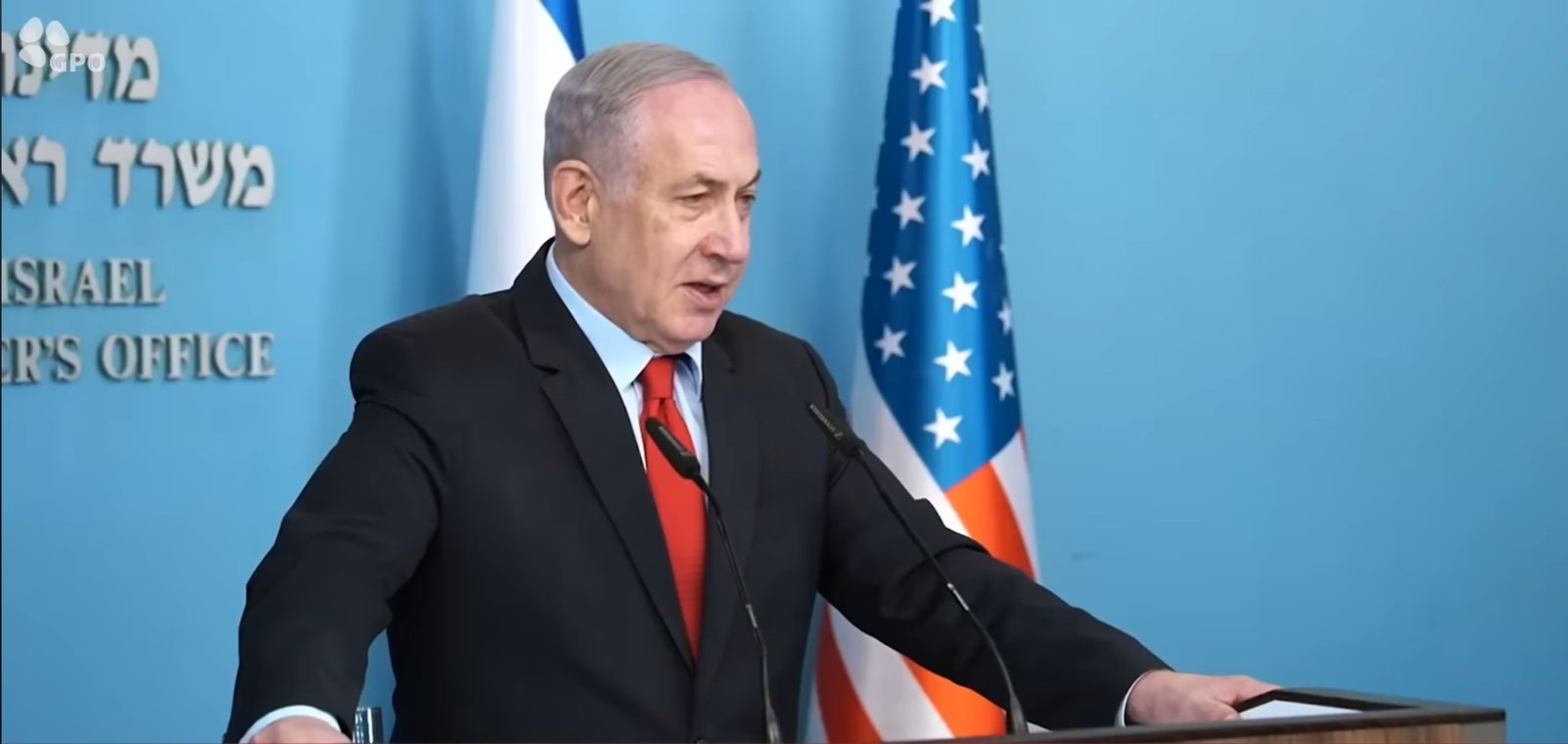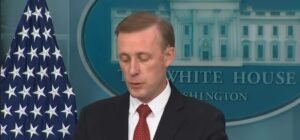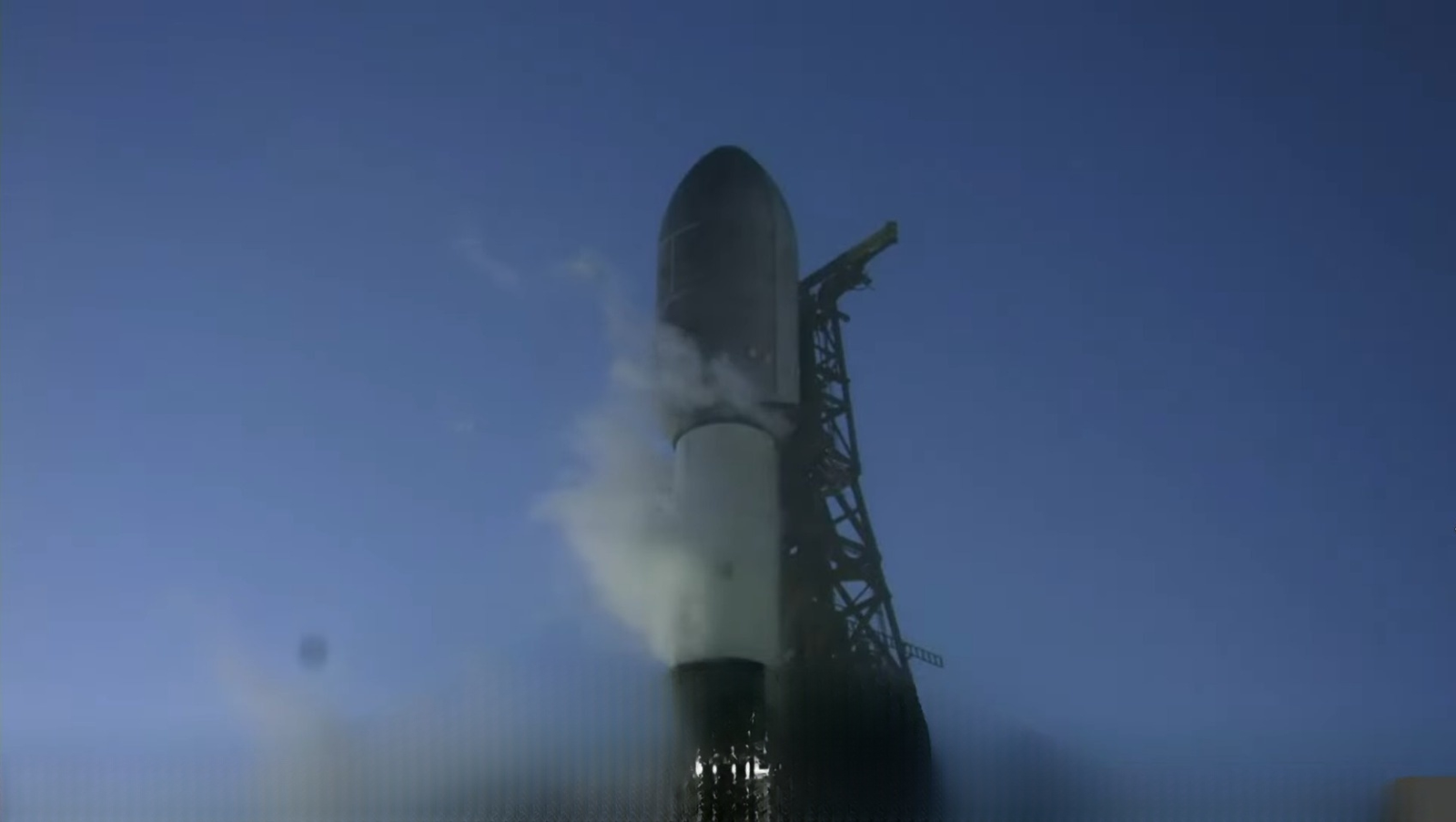
Rafah Assault:
In a pivotal phone conversation, President Joe Biden conveyed a stern warning to Israeli Prime Minister Benjamin Netanyahu, cautioning against a potential assault on Rafah, a significant population center in the southern Gaza Strip. The discussion, which marks the first direct exchange between the two leaders in over a month, underscores the mounting tensions and strategic disparities over the ongoing conflict with Hamas.
Biden’s message to Netanyahu was unequivocal: an incursion into Rafah would be ill-advised, amplifying civilian casualties, exacerbating the humanitarian crisis, and further isolating Israel on the international stage. With more than a million refugees seeking shelter in Rafah and its role as a crucial entry point for humanitarian aid, any military operation there would compound the already dire circumstances.

The U.S. president pressed Netanyahu to present alternative strategies for achieving Israel’s objectives without resorting to a large-scale ground invasion. Biden emphasized the necessity of integrating military actions with coherent humanitarian and political plans, highlighting the importance of safeguarding civilian lives and ensuring long-term stability in the region.
Netanyahu, who has previously asserted the necessity of an offensive in Rafah to dismantle Hamas, acquiesced to Biden’s request to dispatch a delegation of senior officials to Washington. This delegation will engage in discussions aimed at addressing U.S. concerns and exploring alternative approaches that do not entail a full-scale assault on Rafah.
The Biden administration’s stance reflects its commitment to a comprehensive resolution of the conflict, which prioritizes the protection of civilians and the delivery of humanitarian aid. Despite shared goals of neutralizing Hamas and achieving regional stability, differences in strategy and approach have strained the relationship between the U.S. and Israel in recent months.
The rift between the two allies has widened as Biden faces mounting pressure from within his own party to reassess U.S. support for Israel. Senate Majority Leader Chuck Schumer’s call for new Israeli elections, echoing concerns about Netanyahu’s leadership, underscores the diverging perspectives within American politics.

While Biden has reaffirmed the enduring alliance between the U.S. and Israel, he has also signaled a willingness to challenge Netanyahu on critical issues, such as the protection of civilian lives and the pursuit of a sustainable peace agreement. The recent phone call between the two leaders signifies a crucial juncture in their relationship, with implications for the future trajectory of the conflict in Gaza.
As diplomatic efforts continue to navigate the complexities of the situation, the Biden administration remains committed to advancing a ceasefire agreement that addresses the immediate humanitarian needs in Gaza while laying the groundwork for lasting peace. The outcome of ongoing negotiations, both between the U.S. and Israel and among regional stakeholders, will shape the prospects for stability and security in the Middle East.
In the face of escalating tensions and diverging strategies, the Biden administration is navigating a delicate balancing act, seeking to uphold America’s commitment to its allies while advocating for principles of human rights and international law. As the situation in Gaza evolves, the world watches closely, mindful of the profound implications for regional stability and global security.





